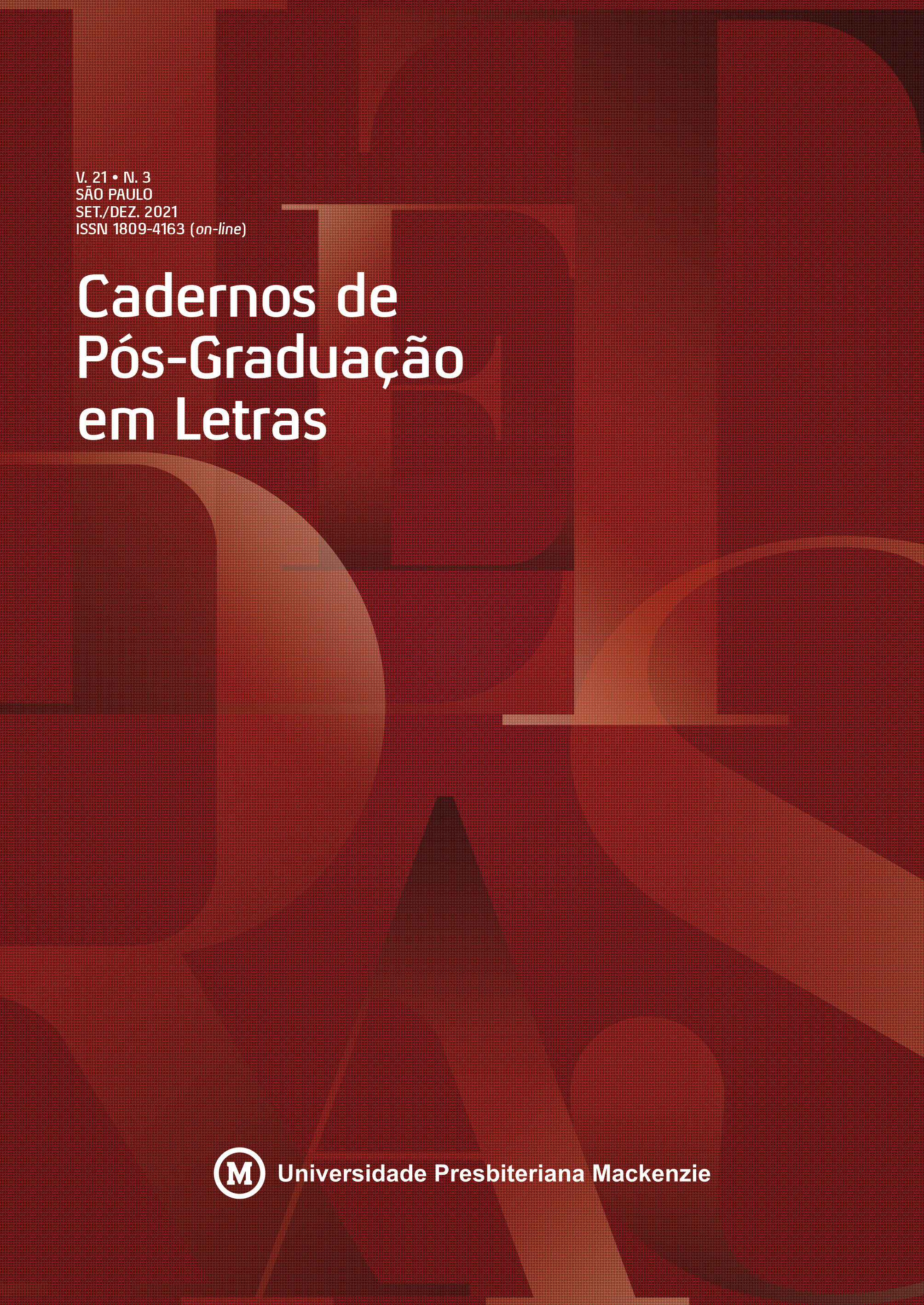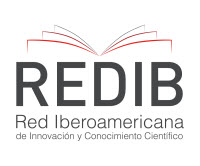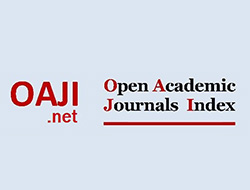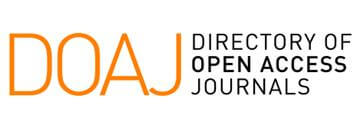Reading comprehension
Retrospectives and perspectives regarding the text meaning (re)construction
Keywords:
Psycholinguistics, Reading, ComprehensionAbstract
The comprehension of a text sets the general objective of a reader faced with the reading. Based on that, it is questioned how reading comprehension occurs from the psycholinguistic point of view. For that, a bibliographic research was developed, synthesizing one of the most influential models of text comprehension – the Kintsch and van Dijk’ (1978). It was found that, in order to comprehend a text, the reader relies on a series of macrorules/macrostrategies to select the most relevant textual propositions in order to construct a coherent mental representation of what was read. Therefore, the reading comprehension is a cognitive task which requires the integration of the language input with the prior knowledge of the reader.
Downloads
References
FINGER-KRATOCHVIL, C. Estratégias para o desenvolvimento da competência lexical: relações com a compreensão em leitura. 2010. Tese (Doutorado em Linguística) – Universidade Federal de Santa Catarina, Florianópolis, 2010.
GABRIEL, R. Cognitive aspects and teaching implications involved in the evaluation of reading comprehension. In: SCLIAR-CABRAL, L. (ed.). Psycholinguistics: scientific and technological challenges. Porto Alegre: EdiPUCRS, 2010. p. 122-130.
GIRALDELLO, A. P. Aspectos psicolinguísticos da leitura. Unoesc & Ciência – ACHS, v. 7 n. 1, p. 23-30, 2016a.
GIRALDELLO, A. P. Um diálogo entre psicolinguística e análise de discurso: que é leitura? Intercâmbio, v. 32, n. 2, p. 1-16, 2016b.
HARLEY, T. A. The psychology of language: from data to theory. New York: Psychology Press, 2008.
HIRSCH, E. D. Reading comprehension requires knowledge – of words and the world. American Educator, v. 27, n. 1, p. 10-13, 2003.
KATO, M. A. O aprendizado da leitura. 6. ed. São Paulo: Martins Fontes, 2007.
KINTSCH, W. The use of knowledge in discourse processing: a construction-integration model. Psychological Review, v. 95, n. 2, p. 163-182, 1988.
KINTSCH, W.; FRANZKE, M. (1995). The role of background knowledge in the recall of a news story. In: LORCH JR., R. F.; O’BRIEN, E. J. (ed.). Sources of coherence in reading. New Jersey: Lawrence Erlbaum Associates, 1995. p. 321-333.
KINTSCH, W.; RAWSON, K. A. Compreensão. In: SNOWLING, M. J.; HULME, C. (ed.). A ciência da leitura. Porto Alegre: Penso, 2013. p. 227-244.
KINTSCH, W.; VAN DIJK, T. A. Toward a model of text comprehension and production. Psychology Review, v. 85, n. 5, p. 363-394, 1978.
KLEIMAN, A. B. Leitura: ensino e pesquisa. São Paulo: Pontes Editores, 2011.
KLEIMAN, A. B. Texto e leitor: aspectos cognitivos da leitura. São Paulo: Pontes Editores, 2009.
MORAIS, J.; LEITE, I.; KOLINSKY, R. Entre a pré-leitura e a leitura hábil: condições e patamares da aprendizagem. In: MALUF, M. R.; MARTINS, C. C. (ed.). Alfabetização no século XXI: como se aprende a ler e a escrever. Porto Alegre: Penso, 2013. p. 17-48.
RODRIGUES, M. B. Avaliando a avaliação: os documentos orientadores do ensino médio e as provas de compreensão leitora – ENEM, SAEB, PISA. 2013. Dissertação (Mestrado em Letras) – Universidade de Santa Cruz do Sul, Santa Cruz do Sul, 2013.
SOLÉ, I. Estratégias de leitura. Porto Alegre: Artmed, 1998.
SOUZA, A. C. Leitura, metáfora e memória de trabalho: três eixos imbricados. 2004. Tese (Doutorado em Linguística) – Universidade Federal de Santa Catarina, Florianópolis, 2004.
SPINILLO, A. G.; MOTA, M. M. P. E.; CORREA, J. Metalinguistic awareness and reading comprehension: different facets of a complex relationship. Educar em Revista, v. 38, n. 1, p. 157-171, 2010.
VAN DIJK, T. A. Macrostructures: an interdisciplinary study of global structures in discourse, interaction, and cognition. New Jersey: Lawrence Erlbaum, 1980.
VAN DIJK, T. A.; KINTSCH, W. Strategies of discourse comprehension. New York: Academic Press, 1983.
Downloads
Published
How to Cite
Issue
Section
License
The copyright of the articles published in Cadernos de Pós-Graduação em Letras belongs to the authors, who grant the Mackenzie Presbyterian University the exclusive rights to publish the content. Total or partial reproduction is prohibited without due authorization from the Editorial Committee, except for study and research.











